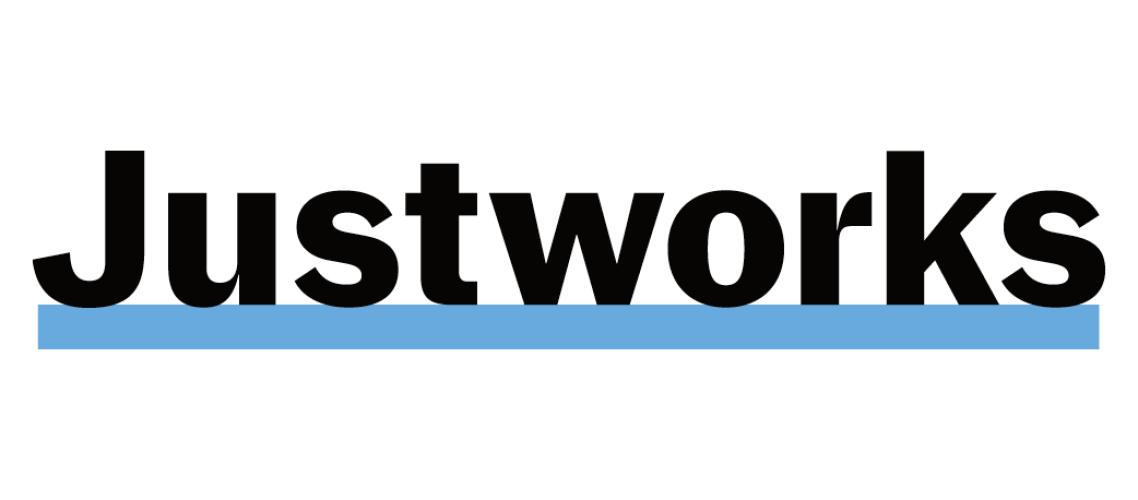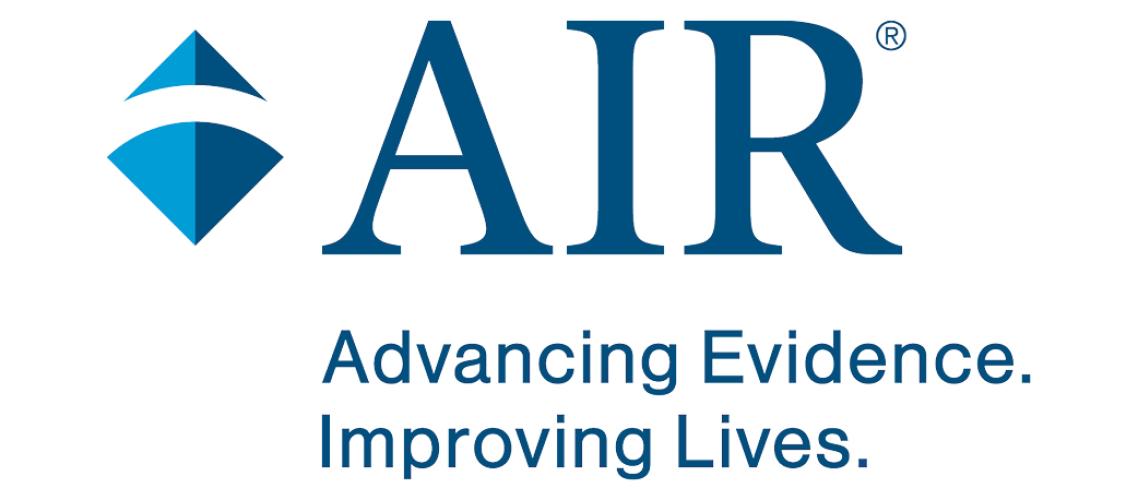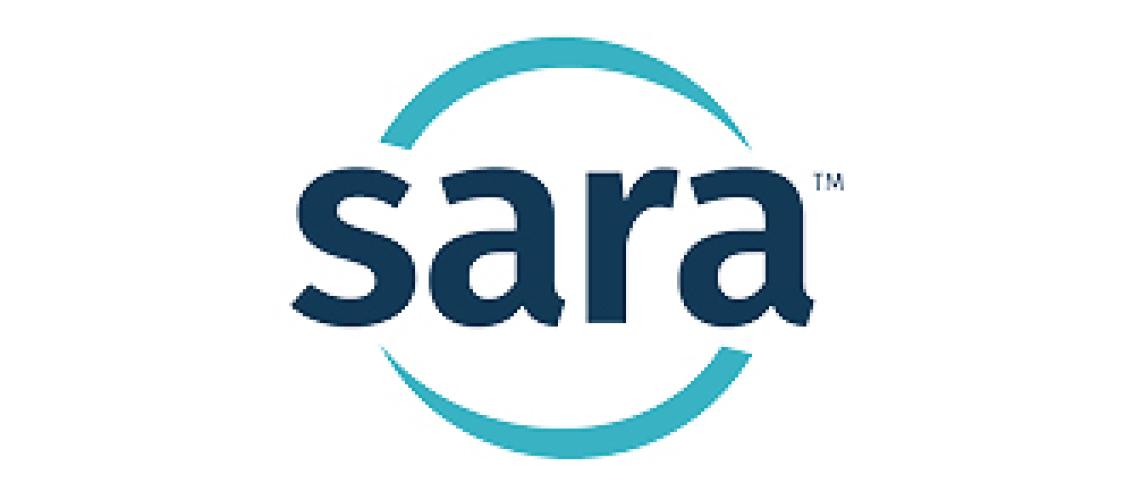Brain Drain, Brain Gain & Our Sustainable Future: Boosting Employment Options for Veterans and Military Spouses
Description
The nationwide employment picture is strong, but rural areas lag far behind in recovery and employment rates. In fact, 10 years after the beginning of the great economic recession in December 2007, rural America still hadn’t recovered. According to the Bureau of Labor Statistics, rural counties had 770,000 fewer jobs in October 2017 than they had in 2007. Greater economic diversity, increased hiring and training opportunities can help them keep pace with their urban counterparts through limitless employment opportunities in the global, digital economy. Changes in technology, skills requirements, work relationships, and demographics threaten to leave many workers behind, but remote jobs offer ways to broaden and diversify the types of jobs and companies that these communities can benefit from. Long gone are the days when virtual admin, data entry, and writing are the only “work from home” jobs. Learn how partnerships like those with FlexJobs, Hilton and Utah’s Online Jobs Initiative can serve as a fantastic model for how access to remote jobs can benefit other rural areas impacted by high unemployment and scant locally based job opportunities.
Moderator: Rick Gully*, Veterans Services State Coordinator, South Dakota Department of Labor and Regulation
Presenters: Mika Cross*, Vice President, Employer Engagements, FlexJobs; Laurel Farrer, Strategist, Rural Online Initiative, Utah State University Extension; Lori Adams, Veterans Policy Director, NASWA; Melissa Stirling, Director, Military Programs, Hilton Worldwide; Mininia Hawkins, Military Community Support Programs, Department of Defense, Military Community & Family Policy



































